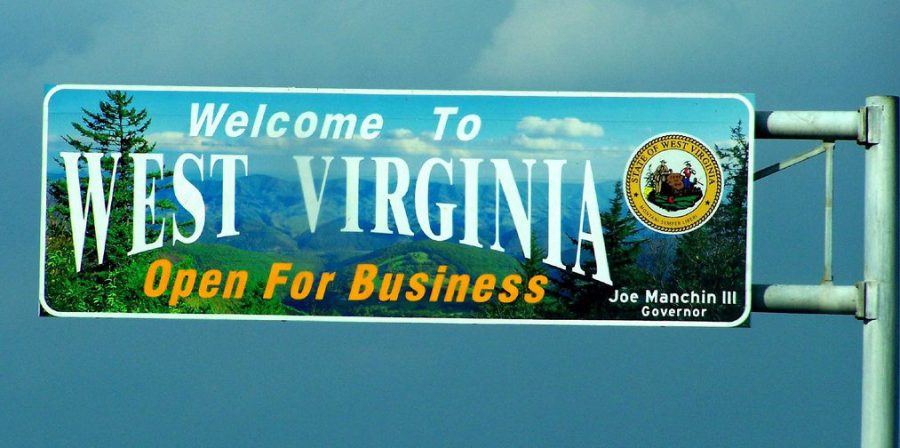West Virginia became the third state this week behind New Jersey and Pennsylvania to offer mobile sports betting without even being signed onto the statute books. Governor Jim Justice allowed bill H 2934 to sit on his desk without signature or veto for 15 days, enabling it to go through into law automatically.
The state’s five casinos, Hollywood Casino at Charles Town Races; Mountaineer Casino, Racetrack & Resort; The Casino Club at The Greenbrier; Mardi Gras Casino & Resort; and Wheeling Island Hotel, may now apply for one of five available licenses to offer mobile wagering.
In terms of taxation, the state will collect 15 per cent of online gambling revenue and generate additional income through license fees which have been set at $250,000 initially, renewable every five years for $100,000. Platform and service management license fees will be $100,000, while suppliers will have to pay $10,000.
West Virginia’s mobile regulations follow along similar lines to those deployed by New Jersey and Pennsylvania. Anyone aged 21 years and over may place a bet via mobile as long as they do so within state boundaries and there is no requirement for them to be located in a terrestrial casino to play.
The bill confirmed that the West Virginia Lottery will operate interactive wagering in the state and added that making mobile legal would benefit consumers. It said: “The Legislature finds that it is in the best interests of the State of West Virginia for the state to operate a lottery in the form of interactive wagering and that it is the intent of the Legislature to authorize interactive wagering within the state and through compacts with other approved jurisdictions.
“The Legislature finds that illegal interactive wagering channels operating throughout the United States pose a critical threat to the safety and welfare of the citizens of West Virginia and that creating civil and criminal penalties to prosecute illegal operators, while transferring this black market demand into a secure and highly regulated environment, will protect the public and positively benefit state revenues and the state’s economy.”












